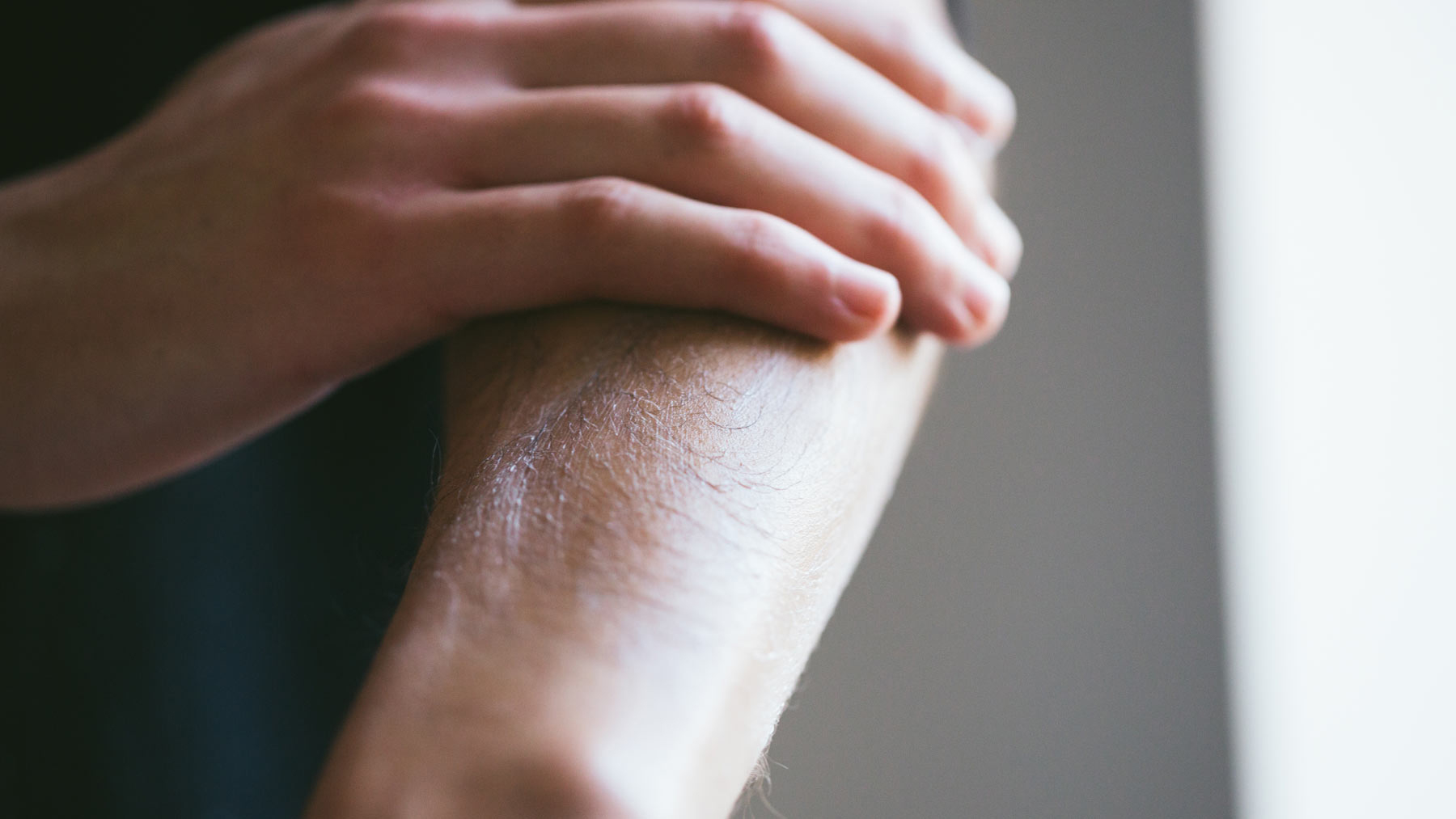Writer
Milly Ahlquist
Paraben controversy is derived from a piece of research by the University Of Reading, UK, in 2004, in which scientists took biopsies of breast tumours and found parabens inside. This formed the basis of a theory that parabens, which can weakly mimic the hormone oestrogen, can disrupt hormones and increase the risk of breast cancer. However, the study has since been widely criticised. Peers pointed out that the researchers involved did not examine healthy tissue for traces of parabens, and also could not guarantee that the equipment used to conduct the study had been cleaned using paraben-free materials.
Evaluating the 2004 conclusions, and subsequent studies led by the same chief researcher, European safety body The Scientific Committee of Consumer Safety concluded that there was insufficient data to establish a link between the use of underarm cosmetics and breast cancer. Rachel Rawson, senior clinical nurse specialist at Breast Cancer Care agrees, explaining: “There is currently no conclusive evidence to suggest that the use of products containing parabens is directly linked to the development of breast cancer.”
In fact, parabens have been subjected to such rigorous testing that experts now believe that they are safer than other synthetic alternatives. Dr Edmund Fowles of EF Chemical Consulting Ltd, says: “I feel absolutely sure that parabens are safe. As a result of all the fuss about the potential risks, there has been exhaustive research, which has covered all angles. Paraben-free cosmetics simply use a different type of preservative, which will have been much less rigorously researched, so how can we say that it’s better?”
Of the 75,000 metric tonnes of synthetic preservatives used in 2015, only 17% were parabens. “The other 83% we know very little about,”says Lush co-founder and product inventor Helen Ambrosen.
Take formaldehyde, for example. This colourless, strong-smelling gas has antiseptic qualities which prevent micro-organisms from growing, and is used to preserve biological specimens in the lab. Formaldehyde is also put to use as a disinfectant in household products, cosmetics, medicines and as a resin hardener in building materials. In strong concentrations, formaldehyde has been shown to irritate the airways, which has caused concern in recent years. Some preservatives work by breaking down to release formaldehyde in the product.
Another alternative is methylisothiazolinone - an antimicrobial substance used in cosmetic preservation, moisturisers and baby products. This less effective preservative has to be used in higher quantities and is increasingly causing skin allergies.
Proven safe alternatives to parabens, then, are limited. As D.C. Steinberg wrote in Cosmetics & Toiletries: Preservatives for Cosmetics (1996), “The ideal preservative does not – and probably cannot – exist.”
Yet Dr Stefanie Williams of European Dermatology London puts parabens into perspective, explaining: “Parabens have a long history of safe use and are very commonly used in skincare. They are well established skincare preservatives and, for the vast majority of customers, won’t cause any problems. In very few people, parabens might cause contact allergies, although that’s rare compared to their widespread use.”
Helen Ambrosen has been developing preserved and self-preserving products since 1982. She explains, “Many believe that the conclusions of the 2004 study, including the way it was leaked and the interpretations by the media, were irresponsible. It gave the industry an opportunity to create fear of an ingredient and market products that played into that fear, using preservatives which, in comparison, are little known. Parabens have a long history of use. They’re not generally irritating to the skin and they work well in products. We know more about them than any other preservatives.”
Although confident that the materials are safe for use, Helen is keen to reduce the amount of synthetic preservatives used on environmental grounds (as well as for human health). She says, “Synthetic preservatives that are available to the cosmetic industry, like parabens, stop things decaying in the environment, so when people use them they are going down into water systems and so on. There’s an argument for preserving products with materials like honey, which will not harm the environment in any way as they will break down naturally.”

